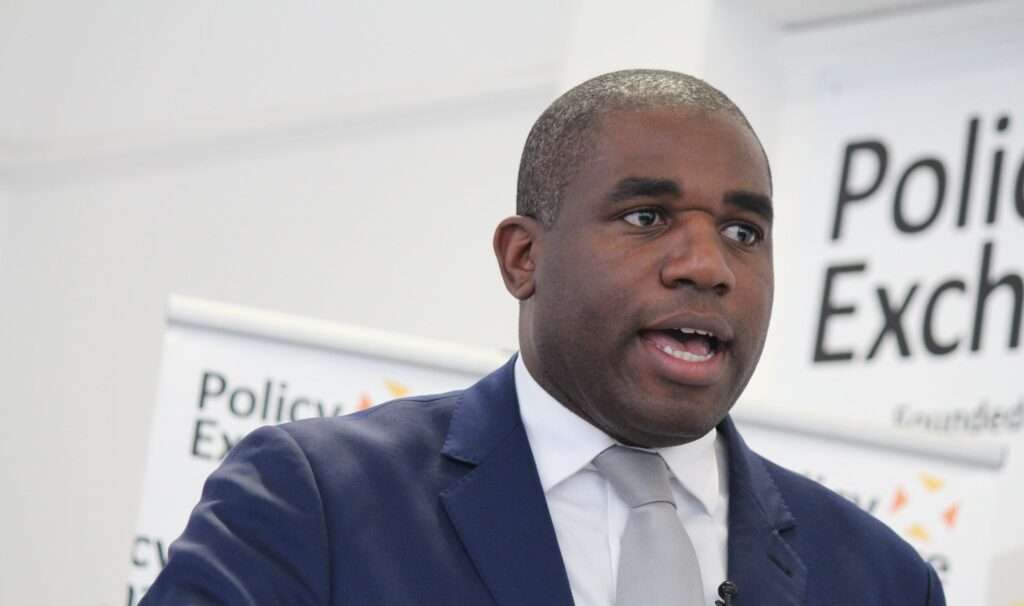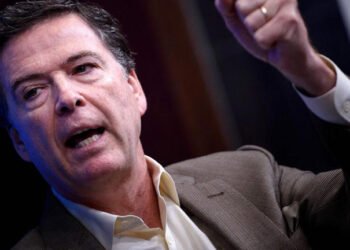UK Prime Minister Keir Starmer has declared a renewed crackdown on Moscow, unveiling a broad set of sanctions aimed at key sectors of Russia’s economy, including finance, energy, and the military. This decisive action is part of Britain’s strategy to exert maximum pressure on the Kremlin amid continued aggression in Ukraine.
Speaking at the G7 summit in Canada, Sir Keir announced that the UK will impose sanctions on dozens of Russian entities and individuals, including two UK residents who allegedly funneled over $120 million worth of electronics to Russia via shell companies. The crackdown is intended to undermine President Vladimir Putin’s capacity to sustain his war campaign.
“We know that our sanctions are hitting hard, so while Putin shows total disregard for peace, we will not hesitate to keep tightening the screws.”
Keir Starmer
The Prime Minister stressed that Russia’s recent missile attacks on Kyiv and continued refusal to enter peace negotiations have only intensified the UK’s resolve. The newly announced sanctions package includes measures aimed at disabling Russia’s so-called shadow fleet of oil tankers, used to evade Western sanctions, and targeting companies responsible for managing and crewing these vessels.

Twenty additional ships have been blacklisted, with the UK accusing them of participating in illicit oil trades by using deceptive flag registrations and opaque ownership arrangements. The sanctioned energy firms, Orion Star Group LLC and Valegro LLC-FZ, have been named for their involvement in crewing and operating the sanctioned fleet.
Fresh Measures Target Military And Oil Trade
Prime Minister Keir Starmer said the UK will not back down from its commitment to “choke off [Putin’s] ability to continue his barbaric war.” He emphasized that national security remains his top priority.
“The threat posed by Russia cannot be underestimated, so I’m determined to take every step necessary to protect our national security and keep our country safe and secure.”
Keir Starmer
Among the most significant targets in this new round of sanctions is GUGI, the Russian military agency accused of operating intelligence-gathering submarines and conducting underwater surveillance, particularly of Western subsea infrastructure. British officials cited rising fears of Russian sabotage operations in European waters as justification for the move.
Two individuals residing in the UK, Vladimir Pristoupa and Olech Tkacz, have also been sanctioned. The government accused the pair of running a “shadowy network of shell companies” that shipped electronics potentially used for Russian military purposes. These sanctions mark a pointed warning against domestic enablers of foreign aggression.
Foreign Secretary David Lammy echoed the prime minister’s stance, stating: “The UK and our allies will not sit idly by whilst Putin’s cowardly inaction continues to cost lives.” Lammy also pledged that Britain will “systematically dismantle his dangerous shadow fleet, starve his war machine, and support Ukraine to defend itself.”

While the UK has taken an assertive lead, cracks have appeared among G7 leaders. US President Donald Trump has so far resisted additional sanctions, calling the matter “not easy” and expressing a desire to “see whether or not a deal is done” before committing to fresh punitive measures.
Britain has also renewed its commitment to working with allies to adjust the current $60-per-barrel price cap on Russian oil, which has lost relevance due to falling global oil prices. The UK is pushing to lower the cap to $45, although the US remains hesitant. Nevertheless, Downing Street confirmed on Tuesday that Britain would proceed with tightening enforcement of the cap, “while ensuring the stability of the energy market.”
As the war in Ukraine grinds on and international consensus wavers, the UK appears determined to lead from the front in curbing Russia’s wartime economy and punishing those complicit in its continuation.



















